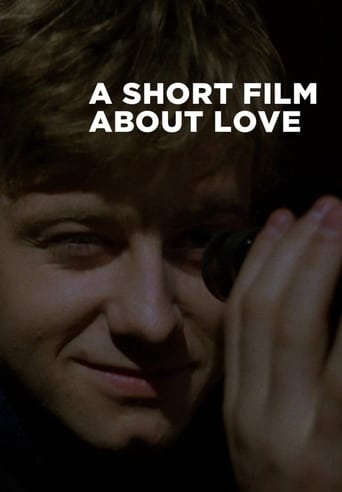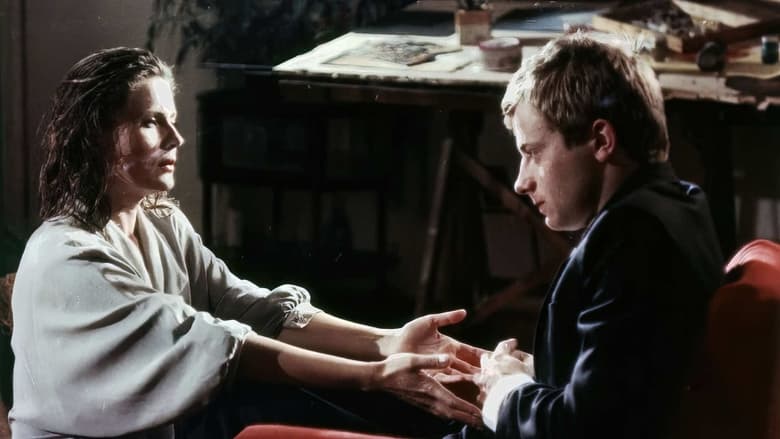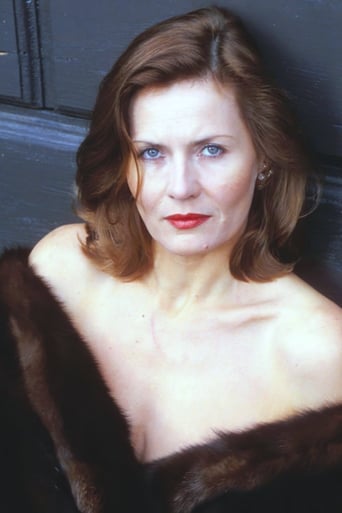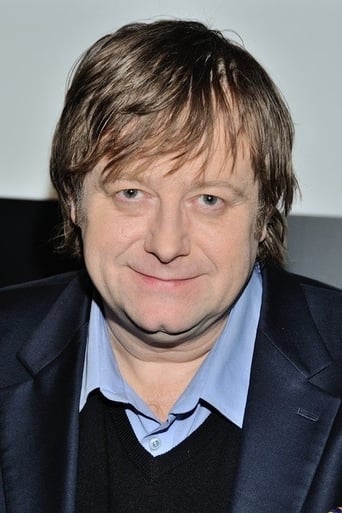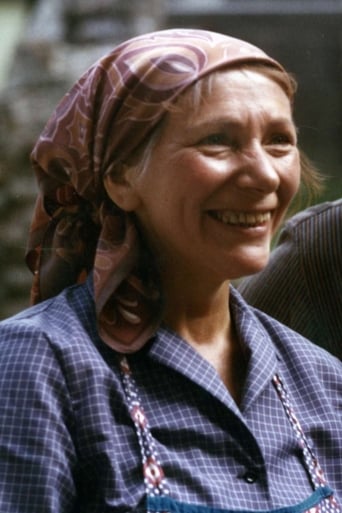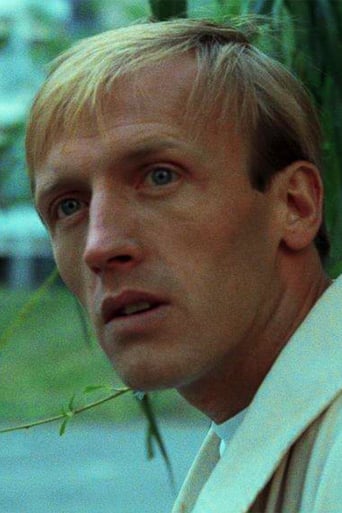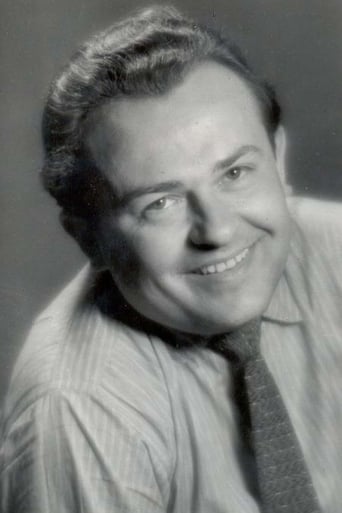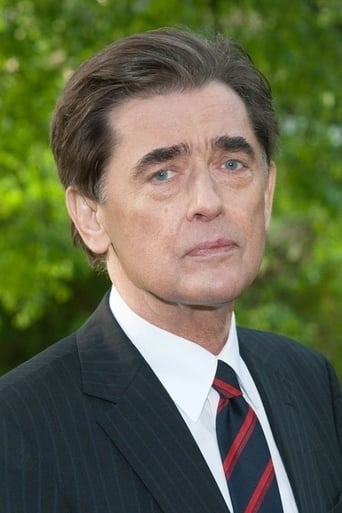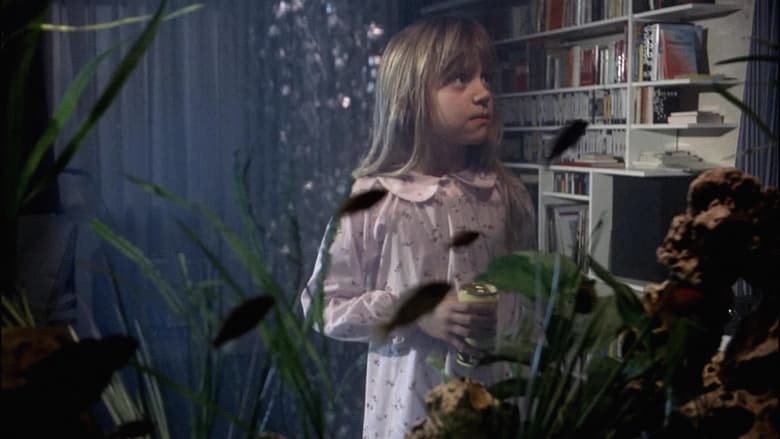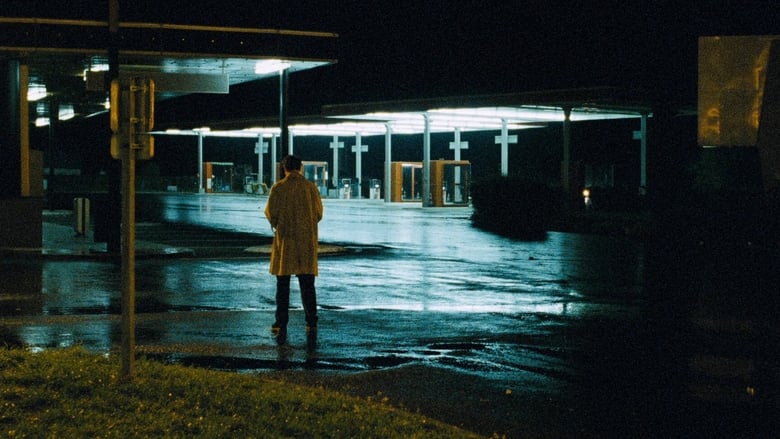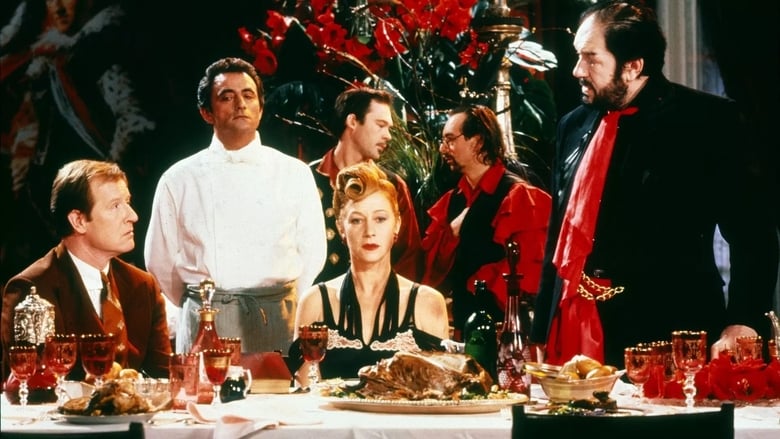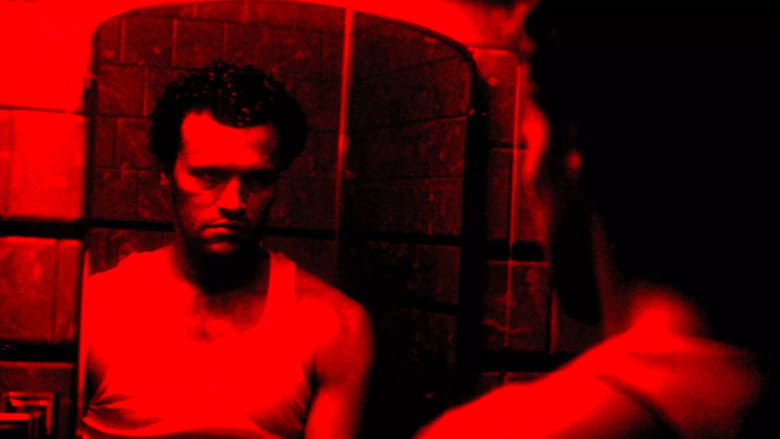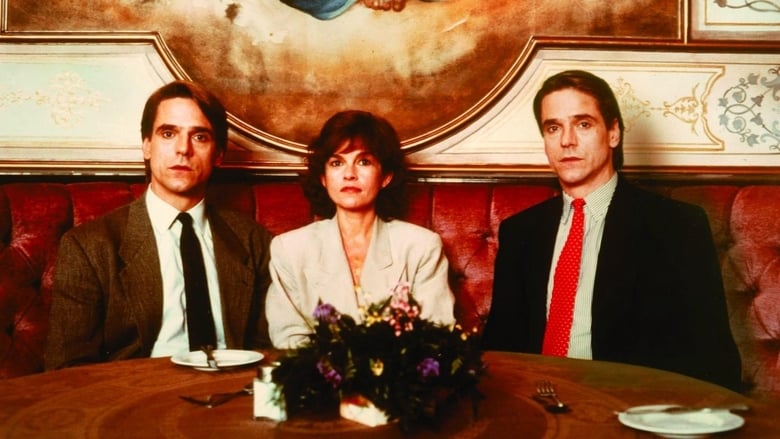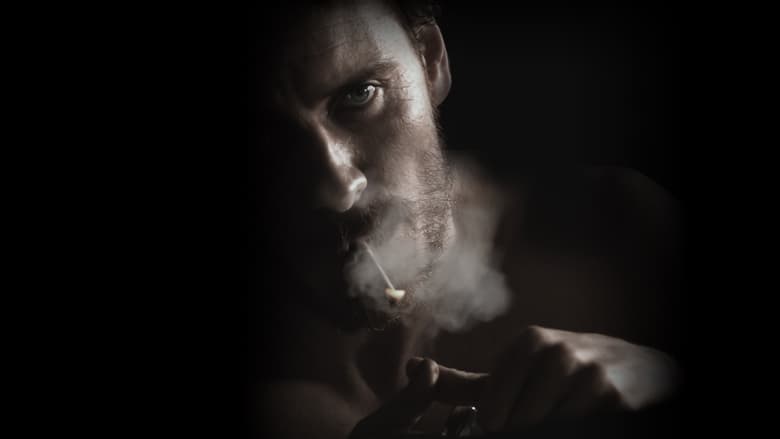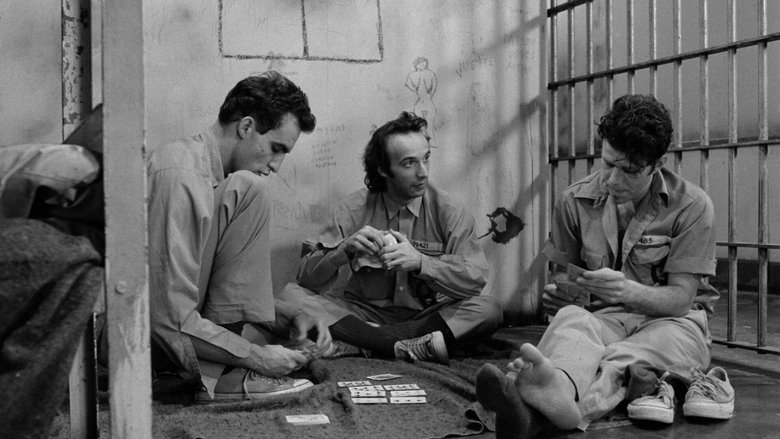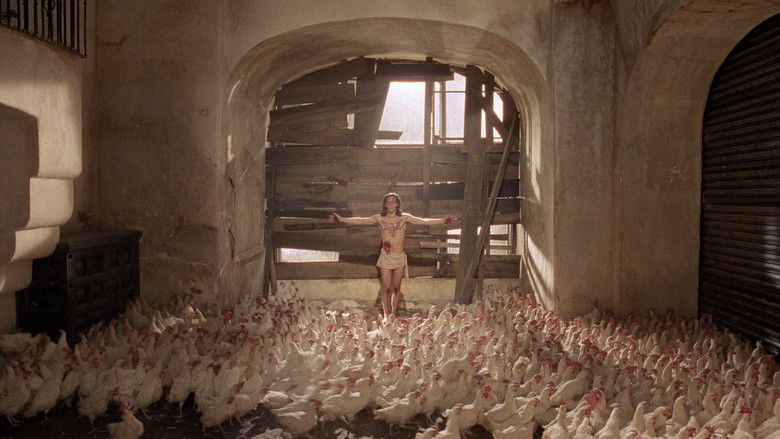19-year-old Tomek whiles away his lonely life by spying on his opposite neighbour Magda through binoculars. She's an artist in her mid-thirties, and appears to have everything - not least a constant stream of men at her beck and call. But when the two finally meet, they discover that they have a lot more in common than appeared at first sight...


Similar titles
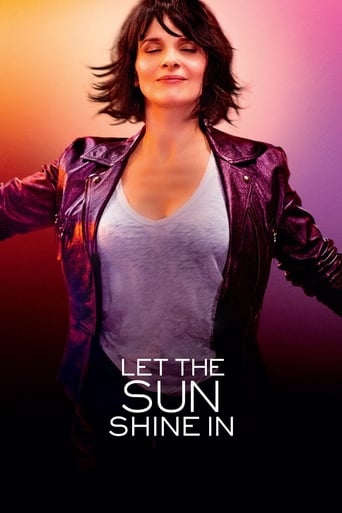
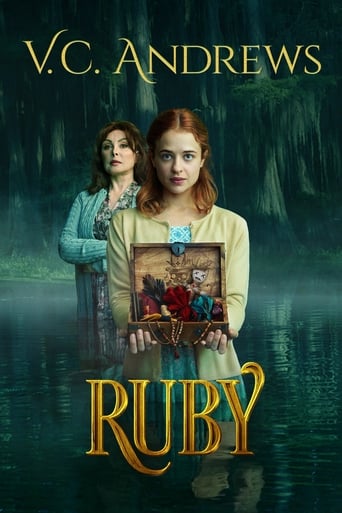

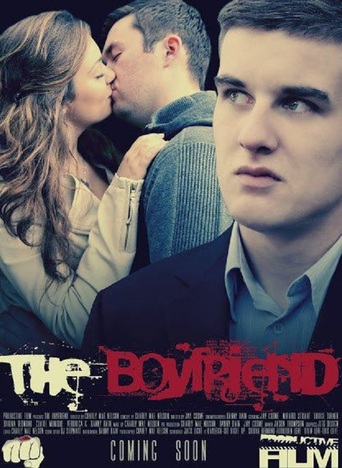
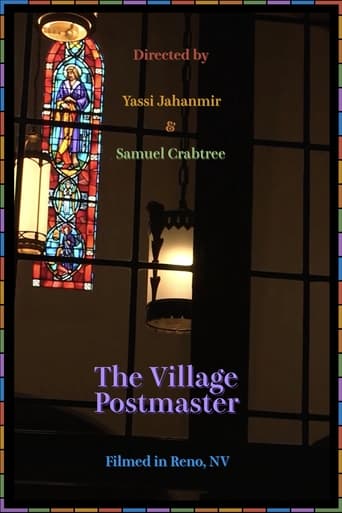

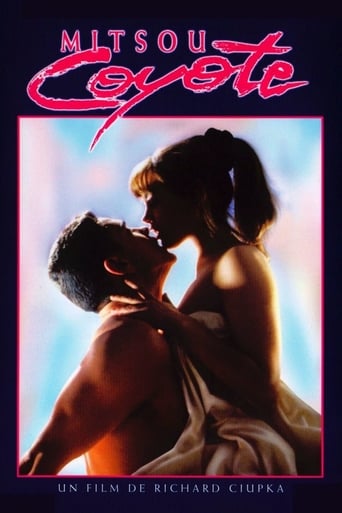
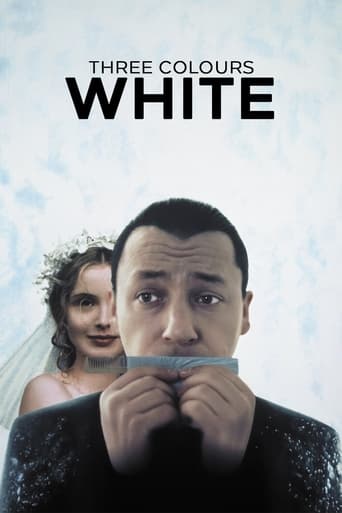


Reviews
We've seen various riffs on Hitchcock's 'Rear Window' since the release of the said masterpiece in 1954. We've seen Brian De Palma dive further into the voyeuristic core of 'Rear Window' and double down on the sleaziness to show us the dark underbelly of the show business lifestyle in Los Angeles in 'Body Double'. We've seen 'Disturbia' which was a bit of remake of 'Rear Window' specifically made mainly with the teenage/young adult demographic in mind. But in my opinion, out of all the films made subsequently that play around with the inherent 'peeping tom' gimmick of 'Rear Window', the only one(out of the ones I've seen) that distinguishes itself and deserves to be called a 'masterpiece' in its own right is Kieślowski's 'A Short Film About Love'.The shortened version of the film was used for Episode 6 for the epic mini-series 'Dekalog'. In my opinion both the shortened version as well as this longer film version have their own distinct personalities. The film works as a subversion of conventions as well as a deep exploration of the abstract concept of 'love'. It is a subversion of conventions, because we see an immensely sensitive depiction of a young man who is a primarily a peeping tom, and he spends his time secretly watching an attractive older woman who lives in the opposite apartment, which is inherently creepy. But the twist is that Tomek doesn't do it for sexual stimulation, he does it because watching this woman(Magda) go about her mundane daily routine gives him a different form of stimulation which he describes as 'love'. Once the central surface element of the peeping goes out of the way in the narrative, in the 2nd half of the film, Kieślowski doubles down on the concept of 'love' and starts asking questions through the two central characters Tomek and Magda. Does 'love' have a place to exist in the modern world or is it a thing of the past? Can a romantic connection between two human beings be forged only through sex with eventual orgasms, or is there something beyond the desires of the flesh, something more transcendent? The film also ends up answering these questions or at least Kieślowski gives us a clear indication of his attitude towards the concept of 'love' in his characteristic poetic ways.As I wrote earlier, there are various moments of poetry or poetic realism in the film that transcend grounded, realistic storytelling. Like the moment where Magda after an argument with one of her lovers spills the milk which Tomek delivered at her doorstep, all over her table as Tomek looks on from his apartment room via the telescope. Or the moment of pure joy after Tomek asks Magda out on a date,etc. With the ending, Kieślowski goes beyond poetic realism and ventures into territories of magical realism but without compromising the humane, tender tone of the film. The ending to the film actually is remarkably different to the ending of the shortened episode in 'Dekalog', but they both make the same thematic implication.The acting from the two central actors Olaf Lubaszenko and Grażyna Szapołowska is nothing short of special. Their individual scenes as well as the scenes that they share together are incredibly rich with subtlety, with pathos and with genuine emotions. Apart from the actors, something else that has to be admired for helping Kieślowski with the film is the beautiful music and score by Zbigniew Preisner which is rich with a sense of melancholic sweetness.Highly Recommended.
My most cherished type of film shows our idea of reality to be just that, an idea born from our own urges and various storytellings, which cloud the soul and need to be challenged, dismantled, removed from the eyes so that we can see life as it is. Failing that, which is a rare type, I'm more than content to encounter a film that feels its way truly in a world where those urges and storytellings lie in wait.It's why I'm seeking out Kieslowski these days and already he seems like one who has the talent to feel his way into the world of emotion.But this is broken in a key way. He doesn't feel his way in here, he forces it. For a film that is lauded as a vital depiction of love, what I saw simply isn't love. It might be fantasy, desire, or obsession (Rear Window is quoted), but it's not love and for it to be reciprocated as love, it moves into a world that I don't recognize as true. If you have the chance to watch it with a woman, please do so.However evocative his sense of place is, with two apartment blocks on opposite sides and the night in the middle a space where two viewers wonder about yearning, however lyrical he is about the yearning for contact over this divide, from that point on I simply have no ground to walk between them. Which is a shame because all of this should be something I like. It is when Kar Wai does it.And in the end he pulls off something so magical, his emotional color so deep it spills out from the container of the film. He portrays a love so deep that I'm almost embarrassed that I have this container to receive it in, it's worth so much more to my mind. This is where she visits him after he has come out of the hospital, he's lying unconscious in bed, and she watches through his binoculars into how he saw her (at her most vulnerable), seeing herself through his eyes in a way that lets her know how deep his love was, seeing herself all at once through this love for her. Sublime.It's mystifying to me that someone can know women so poorly and so deeply in the course of an hour, that would be my question if I ever had the chance to meet Kieslowski. Something tells me that this is the color he would go on to use in his celebrated trilogy and makes me anticipate them even more. But first, I have to mount the Dekalog.
Surprisingly Kieslowski's this movie is disappointing to me because of the sometimes weird and sometimes cliché script that also seems a work of a poor observation sometimes. There is an isolated young boy. He lives with one of his relatives, but he is lonely and every night watches a woman who lives across their building. It seems! that he wants her. He is one of the youths who are not good at communication with the opposite sex. However, he likes that woman, when the woman comes to his house with a man, Tomek gets pain. Then, we understand that Kieslowski tells us a story about an isolated young boy who needs a female to flirt or who falls in love with a mature woman. He does not do something else, because may be he knows that it is his salvation. One day, he stops that woman, suddenly, he seems a shy boy, but proves that he is not, so he explains her almost everything. She lectures and refuses him. Everything is so realistic like the other Kieslowski films, no problem. The problems start when Tomek visits her, the story of a lonely young boy who falls in love with a mature woman (but an unrequited love) turns into the story of a lonely young boy falls in love with a mature woman, at the beginnings the woman refuses, but after a short time, she starts to change her mind. This U-Turn makes the movie cliché firstly. The personality of Tomek is weird? or a result of a poor observation? I disappointed with this character, this is my opinion and I will try to tell why. When he goes to her house, Magda treats him very friendly. She asks what do you want from me? To kiss me? to make love with me? to go out with me? At this point, I remember the people who say she is a femme fatale. See? Returning to the scene, Tomek rejects all the proposals. Why? Because he is shy? I don't think so, but his communication is blunt, OK. After the leg scene at home, some events make the movie misses its aim. I think that the aim of the movie is (should have been according to the story) to show us there are some people who suffer from lack of endearment and to save from this situation is not easy owing to lack of communication and being aloof especially for men. I mean that at this point, what does the movie say? It is blurred and disappointing. It is seen that he is not hunger for love or a female or sex. Then, what? And the suicide attempt scene support this weakness. So that he touches her legs, he wants to kill himself! By the way, as I mentioned before, some say Magda is a femme fatale. Totally not. She endeavors in order to make Tomek happy. Does she avoid having contact with him? No. Does she insult him? No. Does she amuse him? No. And Does she deceive him? No. She has some troubles with her (ex) lover, so she is not O.K. However, she does not take revenge for it from Tomek. She is not an angel, but not a femme fatale also.
This is an excruciatingly boring, slow-moving movie. We can feel some sympathy for the socially- and sexually-inexperienced and awkward Tomek, but the motivations of Magda are pretty hard to see, and the ending, at least for me, was inscrutable. Maybe it's about how we all need love, but I'd get more out of a good Busby Berkeley.I'm told that comments have to be at least ten lines, so I'll add that in the background are some interesting shots of the relationship between Polish citizens and government employees and institutions. I wonder if it's meant to portray this before or after the fall of the communist government.Finally, watch for the clever way the men from the gas company investigate whether or not there is a gas leak in Magda's stove.
